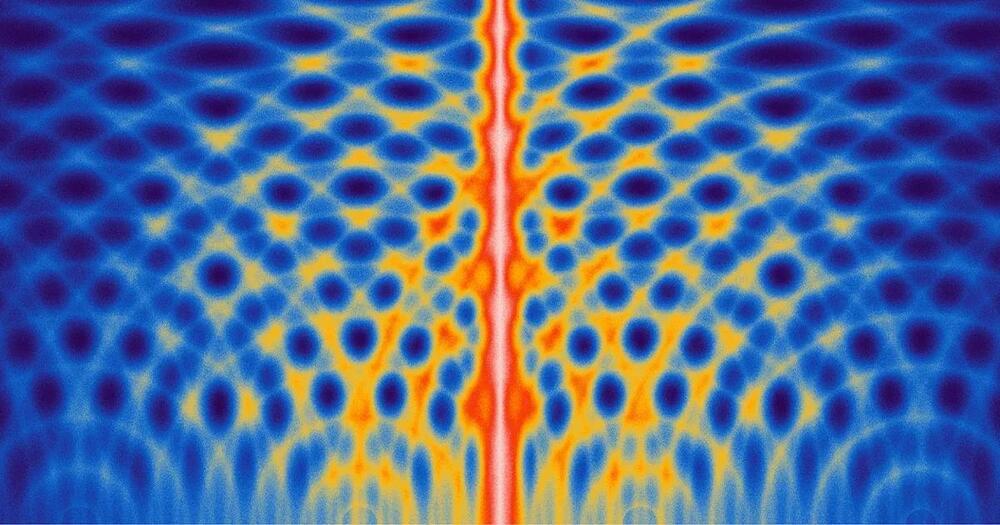Does it have a deeper significance — or is it just a number? Unfortunately for physics enthusiasts, 1/137 is no more significant than 3.14.
Category: physics – Page 190
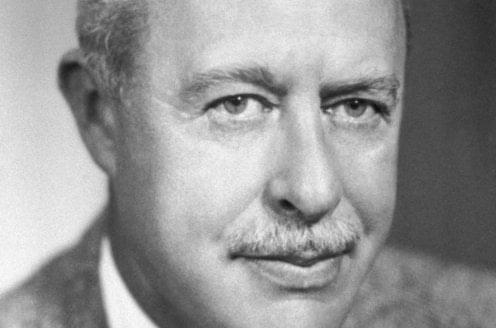
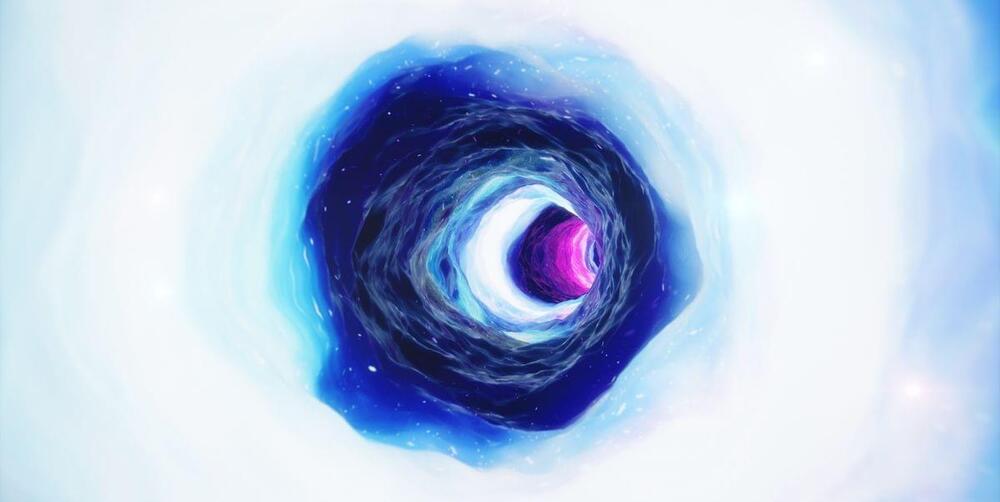
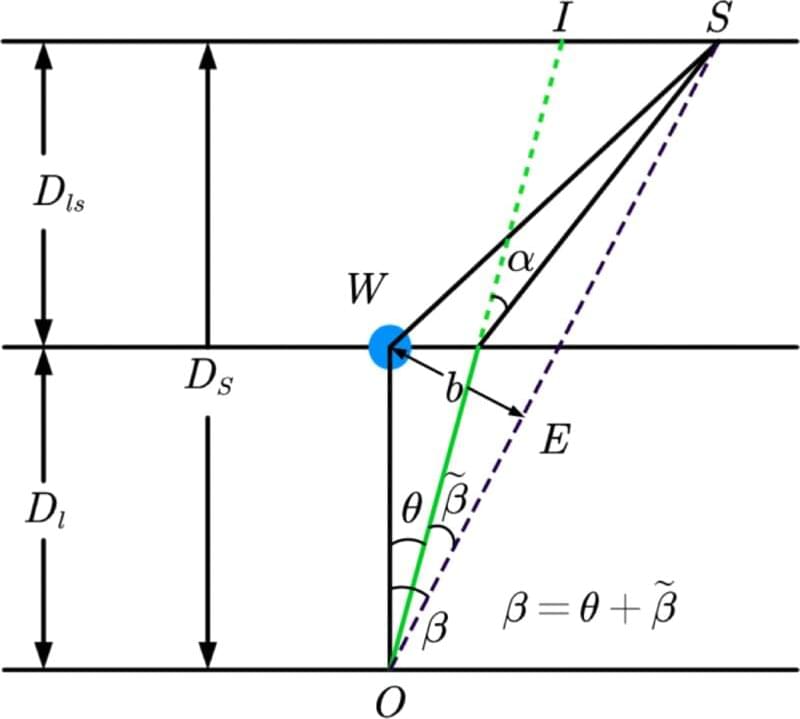
If wormholes exist, they might magnify light by 100,000 times
A small team of astrophysicists affiliated with several institutions in China has found evidence that suggests if wormholes are real, they might magnify light by 100,000 times. In their paper published in the journal Physical Review Letters, the group describes the theories they have developed and possible uses for them.
Prior theoretical efforts have suggested that wormholes might exist in the universe, described as tunnels of a sort, connecting different parts of the universe. Some in the physics community have suggested that it may be possible to traverse such tunnels, allowing for faster-than-light travel across the universe. The researchers note that prior research has shown that black holes have such a strong gravitational pull that they are able to bend light, a phenomenon known as microlensing. They then wondered if wormholes, if they exist, also exhibit microlensing.
Proving that wormholes cause microlensing would, of course, involve first proving that wormholes exist. Still, the researchers suggest that general relativity and other theories could clarify whether the idea is even possible. In their work, they discovered that it was possible to calculate how an electric charge associated with a wormhole would warp the light passing by it. They also found theoretical evidence that wormhole microlensing would be similar to black hole lensing, which, they note, would make it difficult to tell the two apart.
Is space continuous or discrete?
We’re used to thinking of space as continuous.
A stone can be anywhere in space. It can be here. Or it can be an inch to the left. Or it can be half an inch further to the left. Or it can be an infinitesimal fraction of an inch even further to the left. Space is infinitely divisible.
The graphs of Wolfram Physics, however, are discrete.
If, as Stephen Wolfram proposes, the universe is a graph, then you can’t be just anywhere in space. It makes sense to think about a node of the graph as a position in space. It makes no sense to think about anywhere in between the nodes as positions in space. This space is not infinitely divisible.
It’s as if a stone could be here in space, or here in space, but nowhere in between.
So which is it?
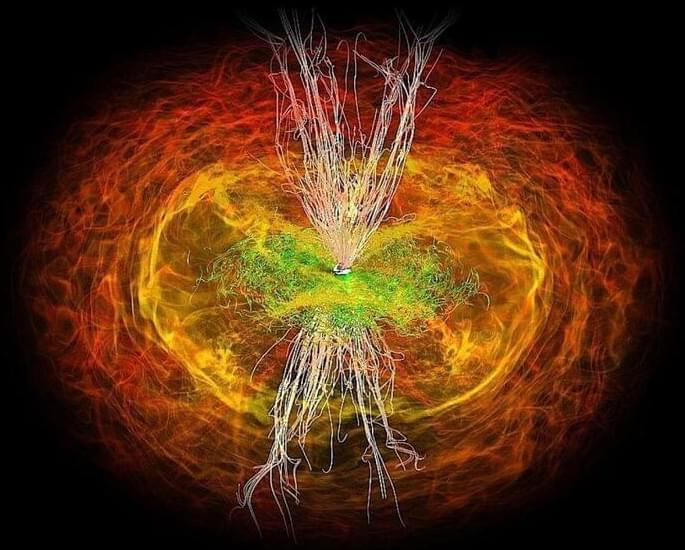
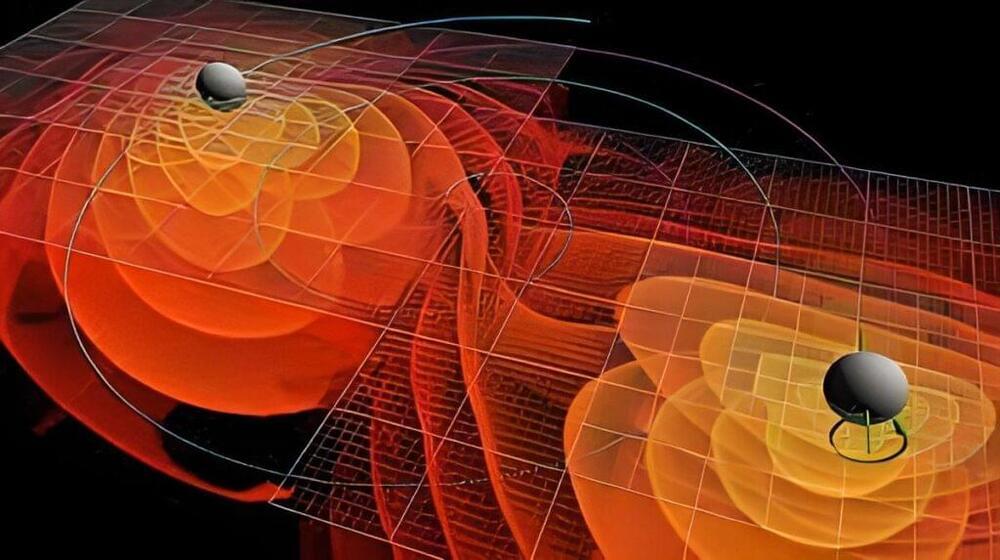
Stephen Hawking’s famous theory about black holes was proven to be true
One of Stephen Hawking’s most famous ideas has been proven to be right thanks to the ripples in space-time that were caused when two black holes far away merged. Hawking got the black hole area theorem from Einstein’s theory of general relativity in 1971. It says that a black hole’s surface area can’t go down over time. The second law of thermodynamics says that the entropy, or disorder, of a closed system must always go up. This rule is important to physicists because it seems to tell time to go in a certain direction. Since a black hole’s entropy is related to its surface area, both must always go up.
According to the new study, the fact that the researchers confirmed the area law seems to show that the properties of black holes are important clues to the hidden laws that run the universe. Surprisingly, the area law seems to go against one of the famous physicist’s proven theorems, which says that black holes should evaporate over very long periods of time. This suggests that figuring out why the two theories don’t match up could lead to new physics.
“The surface area of a black hole can’t get smaller, which is similar to the second law of thermodynamics. It also has a conservation of mass, which is similar to the conservation of energy, said the lead author, an astrophysicist from the Massachusetts Institute of Technology named Maximiliano Isi. ” At first, people were like, ‘Wow, that’s a cool parallel,’ but we quickly figured out that this was very important. The amount of entropy in a black hole is equal to its size. It’s not just a funny coincidence; they show something important about the world.” The event horizon is the point beyond which nothing, not even light, can get away from a black hole’s strong gravitational pull. Hawking’s understanding of general relativity is that a black hole’s surface area goes up as its mass goes up. Since nothing that falls into a black hole can get out, its surface area can’t go down.

Arrows of Time
The human mind has long grappled with the elusive nature of time: what it is, how to record it, how it regulates life, and whether it exists as a fundamental building block of the universe. This timeline traces our evolving understanding of time through a history of observations in CULTURE, PHYSICS, TIMEKEEPING and BIOLOGY.
Australia’s first inhabitants, the ancestors of today’s aboriginal peoples, are believed to have embraced a timeless view of nature, in which the present and past are intimately connected. The spirits of long-dead ancestors, for example, were believed to inhabit the living. These spirits reflected a long-ago golden age sometimes known as the Dreamtime.

